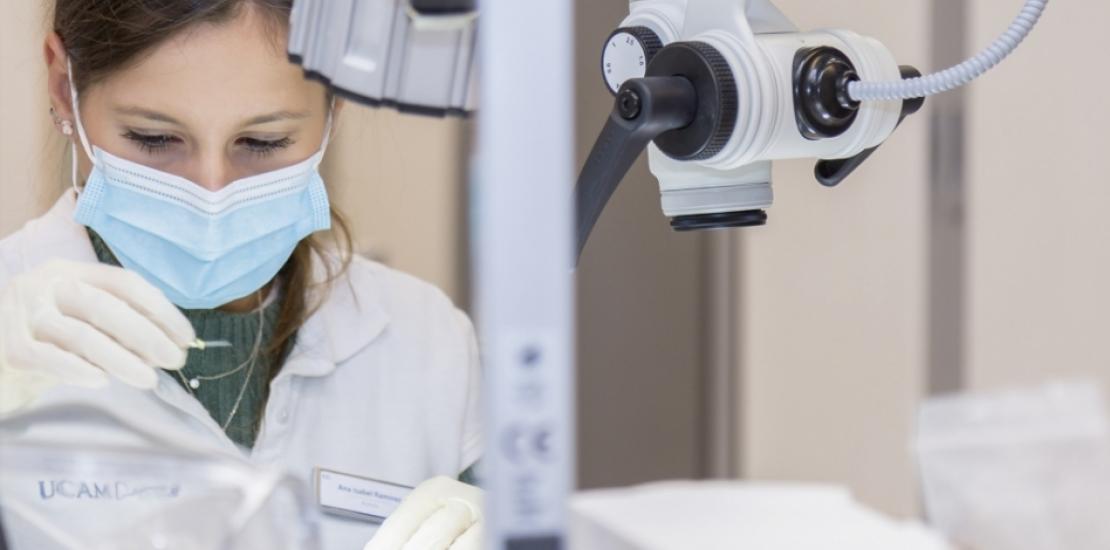UCAM opens an internal call to finance researches on COVID19
UCAM Universidad Católica de Murcia launched, within its Specific Research Plan, an extraordinary call to finance research projects that give solutions to the different problems caused by the COVID19 pandemic. With regard to this plan, that UCAM finances with its own economic resources, the call for the submission of projects is biannual, and it was not scheduled for this year. However, due to the special situation we are facing, the president of the University, José Luis Mendoza, decided to open the extraordinary call.
The aim of the call it to finance scientific multidisciplinary studies, not only focused on the area of health, but also on other areas such as economy, workers rights, data protection, tourism, communication in traditional means and social networks, etc.
One of the fundamental premises of this UCAM Specific Extraordinary Plan is that the results of the researches can be applied in an immediate way to resolve different adverse situations provoked by the pandemic. The different research groups that will participate in this programme can be joined as well by scientists from other centres, companies and institutions, apart from the ones from the University itself. The deadline for the submission of the proposals, that must be addressed to the Vice-Chancellorship for Research of UCAM, is 3 May. More information can be obtained by sending an e-mail to serinvestigacion@ucam.edu
Carlos III Health Institute
On the other hand, the researchers of UCAM have also participated in the call of the Carlos III Health Institute with 8 proposals in areas such as the survival prediction in COVID19 patients with assisted ventilation, the development of fast methods of detection of SARS-CoV-2, the detection of antivirals against SARS-CoV-2 through supercomputing, the development of a CISPR/Cas13 system to cut the viral RNA of SARS-CoV-2 in infected cells, the use of a plant extract as a help in the treatment of SARS-CoV-2 to improve the clinical picture of patients with COVID19 or to study the effect of treating these patients with endovenous immunoglobulins.




